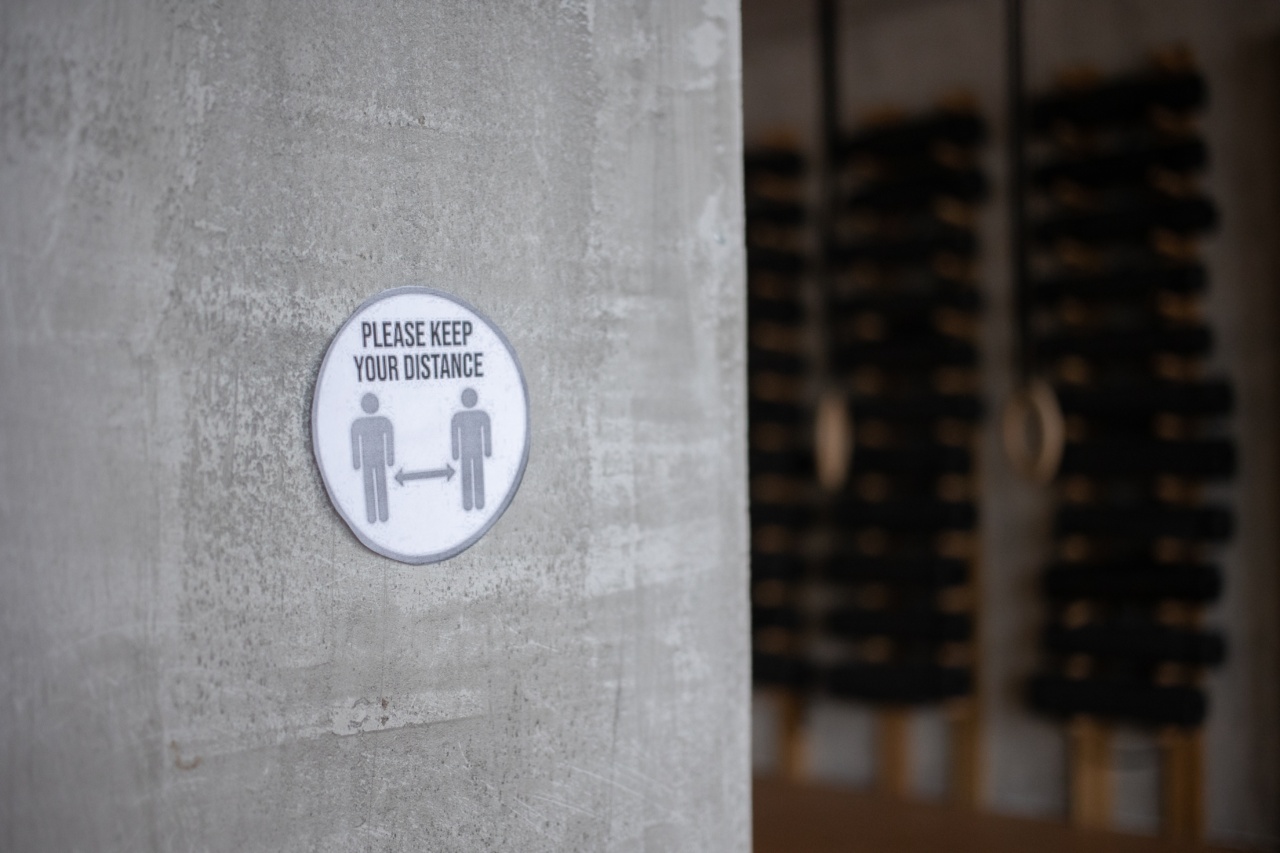Marriage is not easy and every relationship has its ups and downs. Sometimes, things may not go as planned and you may feel like your marriage is going through a rough patch.
At times, it can be difficult to identify when your marriage is having trouble, which can lead to bigger problems down the line. In this article, we will discuss some of the signs that your marriage is going through a rough patch.
1. Communication is lacking
Communication is a key factor in any marriage. When communication is lacking, it can lead to misunderstandings, arguments, and resentment.
If you find that you and your partner are not speaking regularly or if your conversations are often negative, it could be a sign that your marriage is going through a rough patch. Couples who don’t communicate effectively often feel unimportant to one another and disconnected. This can be a major warning sign that your relationship is in trouble.
2. Lack of Emotional Connection
If you have been feeling disconnected from your partner emotionally, it may be time to reevaluate your relationship. A lack of emotional connection can lead to feelings of loneliness, unhappiness, and isolation.
It can also cause a lack of trust and intimacy which can be difficult to repair over time. In some cases, couples may not even realize the emotional disconnection until it has already caused serious damage to the relationship.
3. Arguing More Frequently
While it is completely normal to argue with your partner occasionally, frequent arguments can be a sign that your marriage is not in a good place.
When partners argue frequently, it is usually a sign that there are underlying issues that need to be addressed. It’s important to note that it is not the argument itself that is the problem but how the argument is handled that is key.
If the arguments are not resolved and unhealthy communication patterns are established, then it can result in building up negative emotions and eventually lead to bigger problems.
4. Differences in Priorities and Goals
In every relationship, each partner has their own priorities and goals. When these priorities and goals differ, tension can arise.
If you find that you and your partner are constantly disagreeing about what is important, or what the future should look like, it may be a sign that your marriage is going through a rough patch. While differences are normal, it is important for each partner to feel that their priorities and goals are valued and considered. Without this, it’s difficult to maintain a healthy relationship.
5. Lack of Intimacy
Intimacy is an important element of a healthy marriage. It is not just about physical intimacy but also emotional intimacy as well. When couples experience a lack of intimacy, it can lead to feelings of loneliness, neglect, and bitterness.
This lack of intimacy can be caused by a number of factors such as busy schedules, underlying issues, or communication problems. Whatever the cause may be, it’s important to work on reconnecting with your partner through open communication and spending quality time together.
6. Financial Issues
Money is one of the biggest causes of stress in marriages. When there are financial issues within a marriage, it can lead to feelings of stress, tension, and even resentment.
If you find that you and your partner are arguing over money frequently or are struggling to make ends meet, it may be a sign that your marriage is going through a rough patch. It’s important to remember that financial issues can be resolved with proper planning and effective communication. Couples should work together to create a budget and a plan to overcome their financial issues together.
7. Trust Issues
Trust is an essential element of a healthy marriage. When trust is lacking, it can leave partners feeling insecure and uneasy.
If you find that you and your partner are having trust issues, it may be a sign that your marriage is going through a rough patch. Trust can be broken in many ways such as infidelity, financial dishonesty, or dishonesty in general.
Regardless of the source of the trust issues, it’s important to work together to rebuild that trust and ensure open and honest communication moving forward.
8. Lack of Respect
Respect is a key element in any healthy and successful marriage. When one partner begins to disrespect the other, it can be a sign that the marriage is going through a rough patch.
If you find that you or your partner are being dismissive, condescending, or unsupportive of each other, it can be a warning sign of deeper issues within the relationship. Without respect, a relationship can quickly breakdown and lead to a breakdown in communication and further problems.
9. Feeling Lonely Even When Together
Feeling lonely is a common experience in relationships that are going through a rough patch. If you find yourself feeling lonely, even when you are with your partner, it may be a sign that your marriage is in trouble.
When partners feel disconnected, unimportant, or misunderstood, it can lead to feelings of loneliness and isolation. These feelings can be addressed through open communication, empathy, and working together to reconnect.
10. Lack of Effort
Lastly, if you find that you or your partner are not putting in effort into the relationship, it may be a sign that your marriage is going through a rough patch.
Relationships take work and effort, and when one partner isn’t putting in the time and effort required, it can lead to problems down the line. It’s important to make time for each other, to show appreciation, and to work together to maintain a healthy relationship.



























